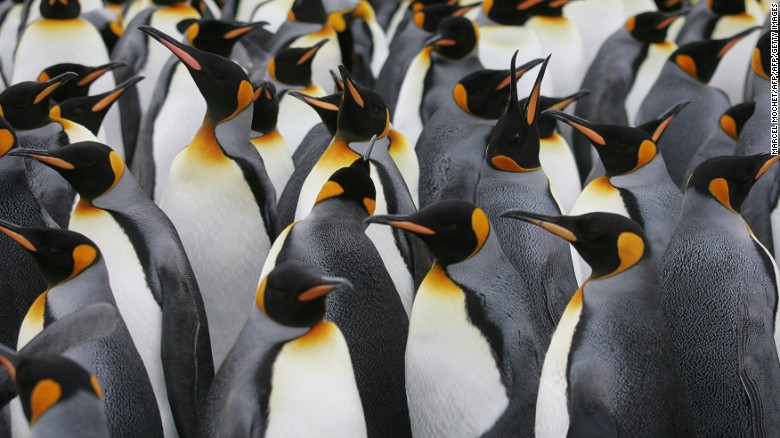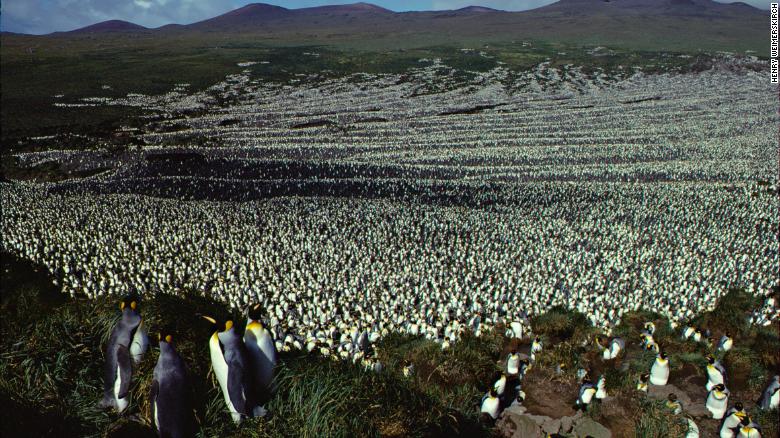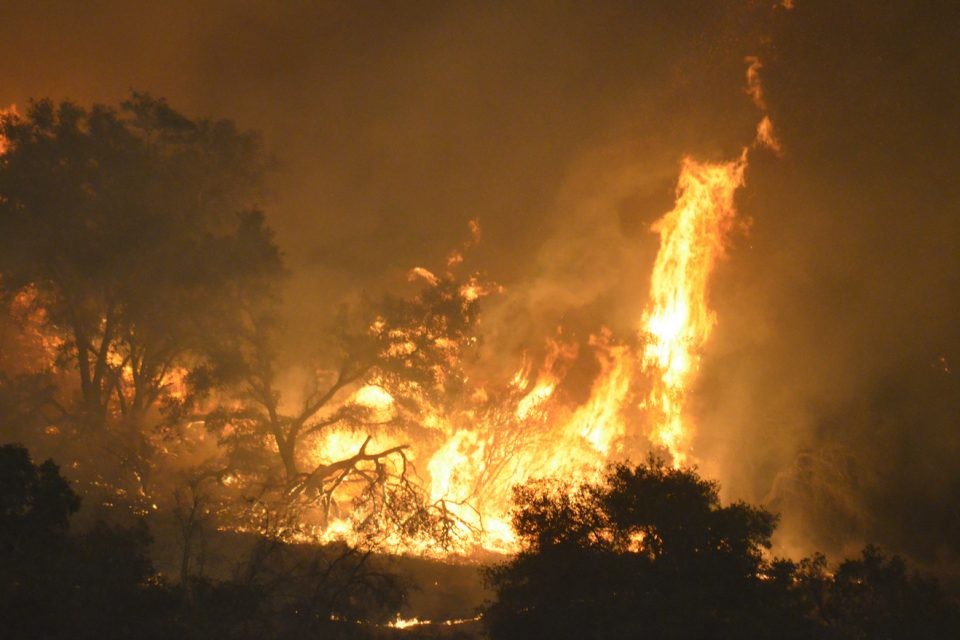World's largest king penguin colony declines by nearly 90%
Tue 31 Jul 2018, 15:08:48
The world's largest colony of king penguins has shrunk by almost 90% in the last three decades, researchers said Monday.
The colony lies on the subantarctic French island of Île aux Cochons, or Pig Island, and once numbered over two million king penguins. When scientists last stepped foot on the island in 1982, it was not only the world's largest king penguin colony, but the second largest colony of all penguins.
However, when researchers from the Chizé Center for Biological Studies (CNRS) returned to survey the island in 2016 and 2017, the colony had collapsed. The total population had shrunk by 88%, down to barely 200,000 king penguins. Before, there had been half a million breeding pairs -- now, only 60,000 remain.
The remote island in the southern Indian Ocean is so inaccessible that researchers have not conducted new population estimates for decades, leaving the exact cause of the population drop a mystery. However, there are several possible factors, which are explored in the full report published last week in the Antarctic Science journal.
Photographs and satellite images taken over the decades found the colony's territory has shrunk, taken over by encroaching vegetation. The decline also began in the late 1990s, the same time a major climatic event related to the cyclical weather phenomenon El Niño took place in the Southern Ocean, potentially
affecting the penguins' ability to forage for food.
affecting the penguins' ability to forage for food.
Other possible causes include diseases such as avian cholera, invasive predators, and what the team calls "density-dependent effects" -- as populations grow, competition between individuals can increase, triggering food shortages and an overall decline for the group.
However, "the cause of the massive decline of the colony remains a mystery, and needs to be resolved," the paper concludes.
"Although the decline started at least 20 years ago, it appears to be ongoing, and the causes of the decline may still be active."
The report also details the non-invasive methods used to study the population, including photographing the colony from helicopters.
Although the International Union for Conservation of Nature (IUCN) currently lists king penguins as of "least concern" on the Red List of Threatened Species, recent studies have indicated looming threats to the species.
A study published in February suggested global warming is destroying king penguin habitats at such a rate that by 2100, 70% of the world's king penguin population could be forced to move elsewhere or die out.
The CNRS researchers, in partnership with staff from the National Nature Reserve of the French Southern and Antarctic Lands and the French Polar Institute, will now begin working to verify the initial conclusions laid out in the report.
No Comments For This Post, Be first to write a Comment.
Most viewed from International
Most viewed from World
AIMIM News
Latest Urdu News
Most Viewed
May 26, 2020
Do you think Canada-India relations will improve under New PM Mark Carney?
Latest Videos View All
Like Us
Home
About Us
Advertise With Us
All Polls
Epaper Archives
Privacy Policy
Contact Us
Download Etemaad App
© 2025 Etemaad Daily News, All Rights Reserved.







.jpg)
.jpg)



































